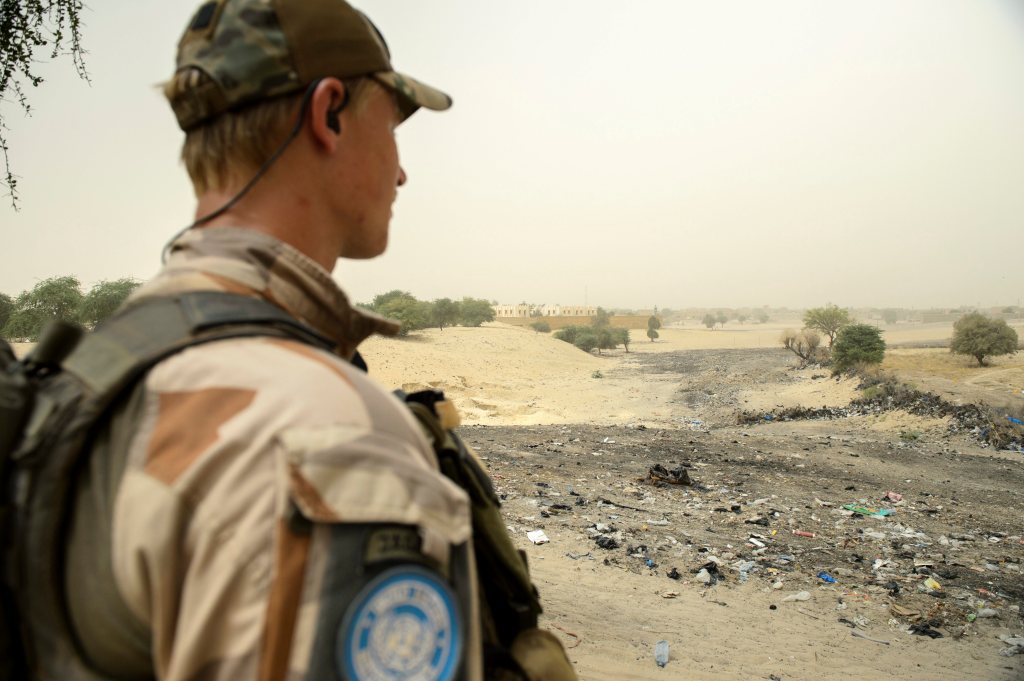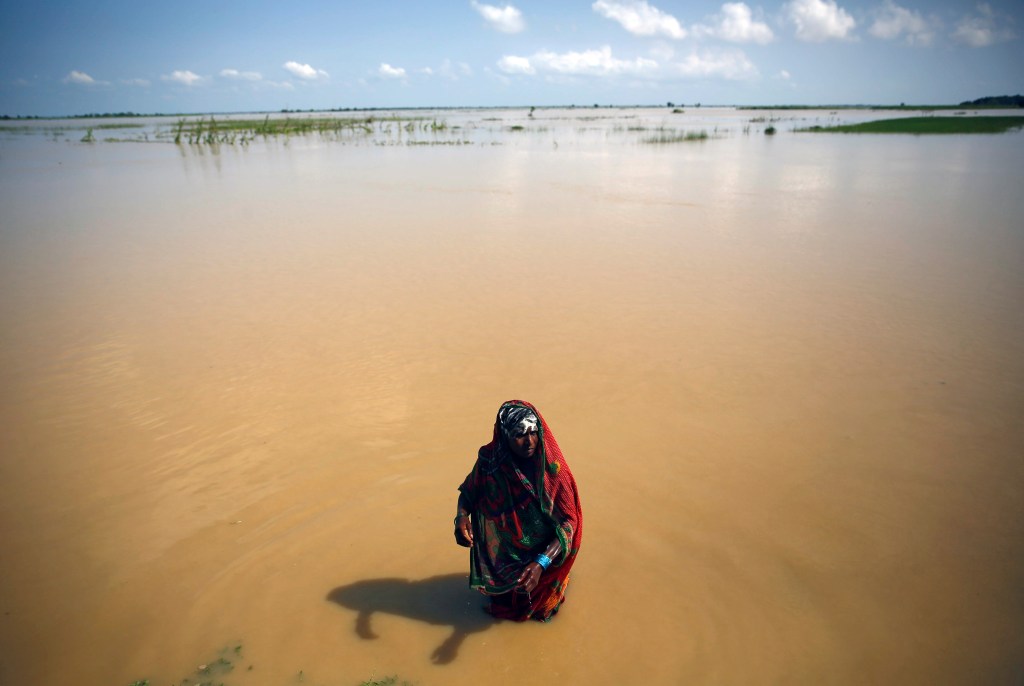Three Red Cross workers who were kidnapped Saturday by Islamist militants in northern Mali were released today, after a week of rising tensions in the region — and in the meantime, civilians in the remote north of the country are protesting against the French troops fighting the militants there.
Domink Stillhart, Director of Operations at the International Committee of the Red Cross, announced on Twitter that his colleagues had been freed. On Thursday, Malian jihadist group Ansar Dine claimed responsibility for the abduction, and said it would release the hostages if authorities freed a local guide who had been working for the Red Cross. Miyatène Ag Mayaris had been arrested last week by French troops who are currently deployed in northern Mali as part of Operation Barkhane — an anti-Islamist campaign across Africa’s Sahel region. It is not yet known whether the guide has been freed, as Ansar Dine requested.
Videos by VICE
The French military has stepped up arrests in recent days, as part of an investigation into a recent attack, in which three French troops lost their lives.
According to the French army, the armored vehicle transporting the three men was traveling from Kidal to Tessalit on April 12 when it hit a land mine. One of the soldiers died instantly, while the two others later succumbed to their wounds. Ansar Dine later claimed responsibility for the attack.

Operation Barkhane is a French anti-Islamist military operation spanning five countries in Africa’s Sahel region. (Map via French Ministry of Defense)
In the wake of the incident, French forces made several arrests in Kidal and Tessalit. Speaking to French daily Libération, army spokesperson Colonel Gilles Jaron said that arrests in the region were fairly routine, particularly during searches.
The abduction of the three Red Cross workers as they were returning to their base camp Saturday may have been in retaliation for this recent wave of arrests.
Meanwhile, the residents of Kidal have also voiced their anger over the arrests, calling on the authorities to free all “persons arbitrarily arrested by or because of operation Barkhane.”
On Monday, a protest against foreign peacekeepers turned deadly when two civilians were killed at Kidal’s airport. Demonstrators stormed the airport — which is secured by MINUSMA, the UN’s peacekeeping mission in Mali — clashing with peacekeepers.
“For them [the protesters], Barkhane and MINUSMA are the same thing,” said a Malian journalist who was present in Kidal on Monday and wished to remain anonymous.

The airport in Kidal, Mali, where the clashes occurred. (via Google Maps)
After a peaceful start, Monday’s demonstration degenerated when a group of young people started to shoot at a security installation. Protesters were able to break through the security fence and storm the airport, occupying the main runway.
“They started throwing stones, burning containers and generators,” the Malian reporter told VICE News. In the clash, UN peacekeepers allegedly resorted to using tear gas to disperse the crowd — a plan that backfired because of headwinds.
“Then they started firing bullets,” explained the reporter. “One young protester was hit in the head and another in the lungs. They both died.”
Following the incident, MINUSMA released a statement confirming that “two participants lost their lives, and four others were injured” in the protest. The statement also said that MINUSMA had launched an inquiry into who had fired the shots, and that the mission would take responsibility for the incident “if need be.”
A video circulating on social media purports to have been shot during Monday’s protests. The video shows the lifeless bodies of two men with white UN armored vehicles in the background.
Protests continued into Tuesday when several demonstrators — many of them young women — occupied the runway. One protester tweeted an image of the protesters’ makeshift HQ on the runway.
“Protesters have set up headquarters on the runway” says this tweet which references Azawad, the name jihadists use for the part of northern Mali where they have established a presence.
On Thursday, protesters released a statement listing their grievances against French troops. As well as asking for the “immediate and unconditional release of persons who are being arbitrarily detained,” they also asked foreign peacekeepers to take responsibility for the two deaths at the airport.
According to the reporter we spoke to in Kidal, the bad blood has been around for a while. Some of the town’s young residents, he said, complain of humiliations at the hands of the Barkhane troops. The soldiers, they claim, “search the Tuareg [a local nomad population] in front of their wives and ask them to remove their turbans.” Neither the reporter nor VICE News were able to confirm these claims.
“Anti-Barkhane resentment has been around for a long time, both in the north and in the south of Mali,” said Pierre Boilley, director of the Institute of African Worlds, a French research institute. “But the population remains rather torn,” he added. “Many people believe that the French are helping improve the situation.”
Despite protesters’ claims that many of the recent arrests are “arbitrary,” said Boilley, “Barkhane [troops] have arrested several people who might be Salafists,” adherents to a particularly fundamentalist brand of militant Islam.
According to the expert — who quoted his own sources in the region — some of the people arrested, including one woman, might be part of an Ansar Dine sleeper cell based in Kidal. “These arrests might not be so arbitrary,” he concluded.
When contacted by VICE News, the French army said it would not comment on any of the accusations leveled by the protesters against French troops. All questions regarding theses grievances should be directed at MINUSMA, it added.
Boilley said there was a chance that Ansar Dine itself could be behind the protests. “It’s a classic tactic for an armed group to turn the population against the foreign forces that are present in the country,” he said. “It’s in [Ansar Dine leader] Iyad Ag Ghaly’s best interest for locals to get mad at France.”
Follow Pierre Longeray on Twitter: @PLongeray
Follow VICE News on Twitte: @vicenewsFR
Photo of Barkhane troops stationed near the village of Tessalit via French Ministry of Defense
This article originally appeared in VICE News’ French edition.


